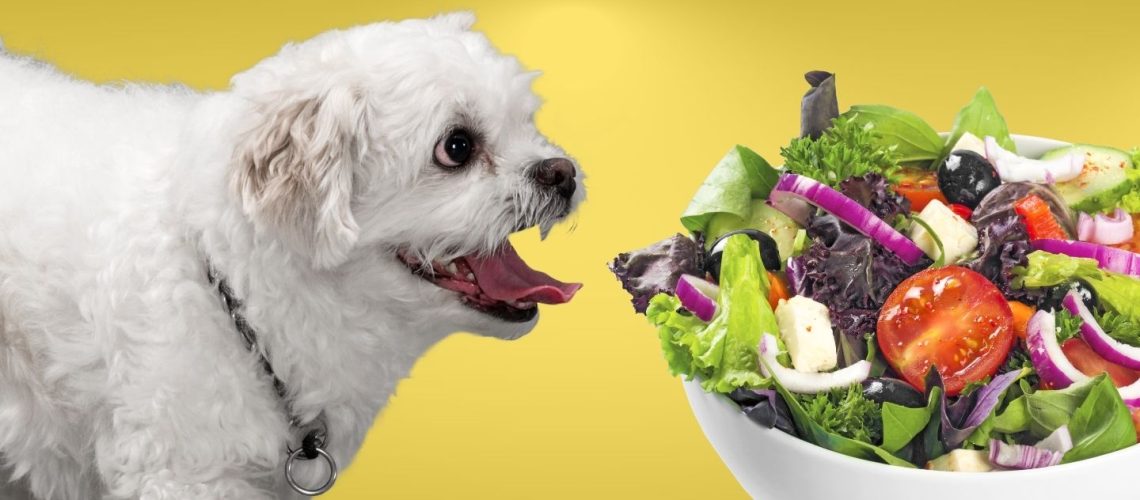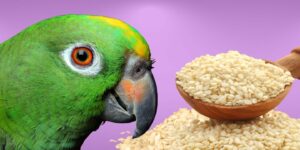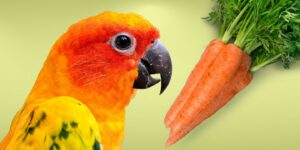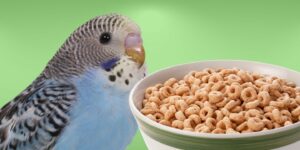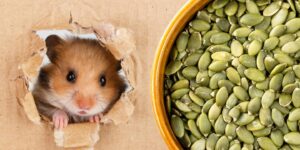Yes, dogs can eat salad in moderation. It is a healthy option for dogs as it provides essential nutrients such as vitamins and minerals. However, it is important to carefully prepare the salad and avoid including any harmful ingredients. In this article, we will discuss the safe vegetables and fruits for dogs, those that should be avoided, salad dressings and seasonings to steer clear of, and tips for introducing salad to your dog's diet.
Safe Vegetables and Fruits for Dogs
Leafy Greens (spinach, kale, lettuce)
Nutritional benefits
Leafy greens are packed with essential vitamins and minerals such as vitamins A, C, and K, as well as calcium and iron. These nutrients help support a dog's overall health and well-being.
How to serve
Serve leafy greens either raw or lightly steamed, and chop them into small, bite-sized pieces to make it easier for your dog to digest.
Carrots
Nutritional benefits
Carrots are rich in vitamin A, which supports eye health, as well as dietary fiber for a healthy digestive system.
How to serve
Serve carrots raw or cooked, and cut them into small pieces or grate them to avoid choking hazards.
Bell Peppers
Nutritional benefits
Bell peppers are a great source of vitamins A, C, and E, along with various antioxidants that help support your dog’s immune system and overall health.
How to serve
Remove the seeds and stem, and cut the peppers into small pieces. You can serve them raw or cooked.
Cucumbers
Nutritional benefits
Cucumbers are low in calories and high in water content, making them a hydrating and healthy snack for dogs. They also contain various vitamins and minerals, such as vitamin K and potassium.
How to serve
Serve cucumbers raw, and cut them into small pieces to avoid any choking hazards.
Apples
Nutritional benefits
Apples are an excellent source of vitamins A and C, as well as dietary fiber. They also contain various antioxidants that promote overall health.
How to serve
Remove the seeds and core, and slice the apples into small pieces to avoid choking hazards.
Blueberries
Nutritional benefits
Blueberries are rich in antioxidants as well as vitamins C and K, making them a nutritious and delicious treat for your dog.
How to serve
Serve blueberries whole if small, or cut them in half if they are larger.
Vegetables and Fruits to Avoid
Onions, Garlic, and Chives
Why they are toxic
These vegetables contain compounds called organosulfides, which can damage a dog's red blood cells, leading to anemia.
Symptoms of toxicity
Symptoms may include lethargy, vomiting, diarrhea, and pale or yellowish gums.
Grapes and Raisins
Why they are toxic
The toxic compounds in grapes and raisins are not well-understood, but they can cause acute kidney failure in dogs.
Symptoms of toxicity
Symptoms include vomiting, diarrhea, lethargy, loss of appetite, and unusual thirst.
Avocado
Why it is toxic
Avocados contain persin, which can cause vomiting and diarrhea in dogs.
Symptoms of toxicity
Symptoms may include vomiting, diarrhea, and abdominal pain.
Tomatoes (green/unripe)
Why they are toxic
Unripe tomatoes contain solanine, which can be toxic to dogs and cause gastrointestinal distress.
Symptoms of toxicity
Symptoms may include vomiting, diarrhea, drowsiness, and weakness.
Salad Dressings and Seasonings to Avoid
Onion or Garlic-Based Dressings
Avoid any dressings that contain onion or garlic, as they can be toxic to dogs.
Salt and Other Seasonings
Excess salt can cause issues such as dehydration and sodium poisoning, so avoid adding salt or other seasonings to your dog's salad.
Artificial Sweeteners (Xylitol)
Xylitol is a sugar substitute found in some sugar-free products and can cause rapid insulin release, leading to hypoglycemia (low blood sugar) in dogs. Avoid any dressings or seasonings containing xylitol.
Tips for Introducing Salad to Your Dog's Diet
Gradual Introduction
Introduce salad slowly, starting with small portions and gradually increasing the amount to avoid upsetting your dog's stomach.
Monitoring for Allergies or Sensitivities
Watch for any signs of allergies or sensitivities, such as itching, digestive issues, or skin reactions, and discontinue feeding salad if any of these symptoms occur.
Ensuring Balanced Nutrition
Salad should be a small part of your dog's diet and not replace their regular, balanced meals. Ensure that they are still receiving all the necessary nutrients from their main food source.
Additional Considerations
The Importance of a Balanced Diet for Dogs
A balanced diet is crucial for your dog's overall health and well-being. Consult with your veterinarian for guidance on the best diet for your dog's age, breed, size, and activity level.
Alternatives to Salad for Added Nutrition
If salad isn't the right fit for your dog, consider incorporating other fruits and vegetables, such as pumpkin, green beans, or sweet potatoes, for added nutrition.
Consulting with a Veterinarian for Personalized Recommendations
Before making any significant changes to your dog's diet, consult with your veterinarian. They can provide personalized recommendations based on your dog's individual needs.
In conclusion, dogs can eat salad in moderation as long as it is properly prepared and consists of safe ingredients. Be sure to remove any toxic vegetables or fruits, avoid harmful dressings or seasonings, and monitor your dog's reaction to the new food. By following these guidelines, you can provide your dog with a healthy and delicious treat that complements their overall nutrition plan.

